Danny Brocklehurst, the scriptwriter for Sky One’s Brassic, used to work for Shameless in its glory days — although if you didn’t know that already you could probably guess. For a start, the central characters are another close-knit group of ducking-and-diving working-class northerners not overburdened with a social conscience. But there’s also the fact that, no matter what they get up to, they’re clearly supposed to be lovable — coupled with the rather more mysterious fact that they are. However dark the storylines theoretically become, the programme presents them with such an infectious swagger, and such a thorough blurring of realism and wild imagination, that the result is not merely funny but somehow joyous.
Series two began on Thursday with Vinnie (Joe Gilgun) still on the run from a local criminal after inadvertently stealing his beloved antique dildo. This meant that whenever he went out, Vinnie was obliged to wear a series of disguises, all of which were deeply penetrable. Beyond that, as a bipolar sufferer, he spent most of the time in a shed surrounded by bottles of his own urine.
Luckily, his chums came up with a plan to coax him from his hut that involved buying the town’s prestigious strip club. In order to raise the £10,000 required, all the group had to do was steal the generators, lights and mixing desk from a visiting circus and sell them to Chinese Dan (who’s not Chinese). First, though, they needed an inside man to tell them which trucks the equipment was stored in overnight. Cue an endlessly scene-stealing performance from John Thomson as a down-on-his-luck clown called Mr Popov — or Colin to his friends — who agreed to help in return for a large bag of weed, two prostitutes and 10 per cent of the strip-club profits. (Mary Whitehouse, thou shouldst be living at this hour.) Even so, despite this careful preparation the heist didn’t go as smoothly as hoped, with one of the stolen trucks containing a lion.
And from there, Brassiccontinued to pull off another of its neat tricks. The scrapes the gang get themselves into may seem so random as to give the impression that the programme is simply throwing everything at the wall to see what sticks. Yet, seeing as the strike rate is pretty much 100 per cent, this impression — along with the programme itself — turns out to be artfully constructed.
The same applies to the dialogue, which at first sight consists mostly of people swearing a lot. On closer inspection, however, it bristles with the best kind of sitcom jokes: the ones that the person delivering them has no idea are funny. (Think how insulted Captain Mainwaring would be if he knew we were laughing at him.) On Thursday, for example, Jim the local farmer launched a surprisingly passionate defence of the works of Enid Blyton against the ‘lefties who say they’re racist’. ‘I remember when marmalade had golliwogs on the side,’ he added clinchingly. ‘Now, that was diversity.’
On a more high-minded note, David Stratton’s Stories of Australian Cinema (Sunday) sounded like a perfect BBC Four documentary: an old bloke who knows his subject inside out telling us all about it. In the event, the programme was a definite disappointment. Admittedly, it was by no means terrible: we did learn quite a few interesting things about individual Australian movies. The trouble was that we were promised far more than that.
Stratton is apparently Australia’s most venerable film critic — and to prove it, Sam Neill, Nicole Kidman and Mad Max director George Miller (just three of the impressive array of talking heads on display) all testified to how great he is. So who better to explain, as he assured us he would, how the country ‘found its identity through cinema’?
Except that he never really did — or ever really tried to. Instead, he flitted genially from one film to another without anything much in the way of a central argument beyond a few windy generalisations about ‘the magic of cinema’ and Australia being ‘a nation of storytellers’ (ie, I would suggest, a nation). Nor were his final verdicts on those individual films always as penetrating as you might expect from such an acclaimed figure. Picnic at Hanging Rock, for instance, was ‘an assured foray into arthouse cinema’ that became ‘important to the Australian psyche’ in some unspecified way.
Sunday’s first episode of three did contain some useful ideas for films to watch during lockdown. When they weren’t hymning Stratton himself — or being excessively reverent about all-round Australian fabulousness — the talking heads had their moments of enjoyable indiscretion. (During the filming of My Brilliant Career, Sam Neill told us, Judy Davis ‘made it clear from day one that I was a lightweight’.) Nonetheless, in the almost total absence of any wider social history, the programme never had a chance of living up to its own billing.
Got something to add? Join the discussion and comment below.
Get 10 issues for just $10
Subscribe to The Spectator Australia today for the next 10 magazine issues, plus full online access, for just $10.
You might disagree with half of it, but you’ll enjoy reading all of it. Try your first month for free, then just $2 a week for the remainder of your first year.

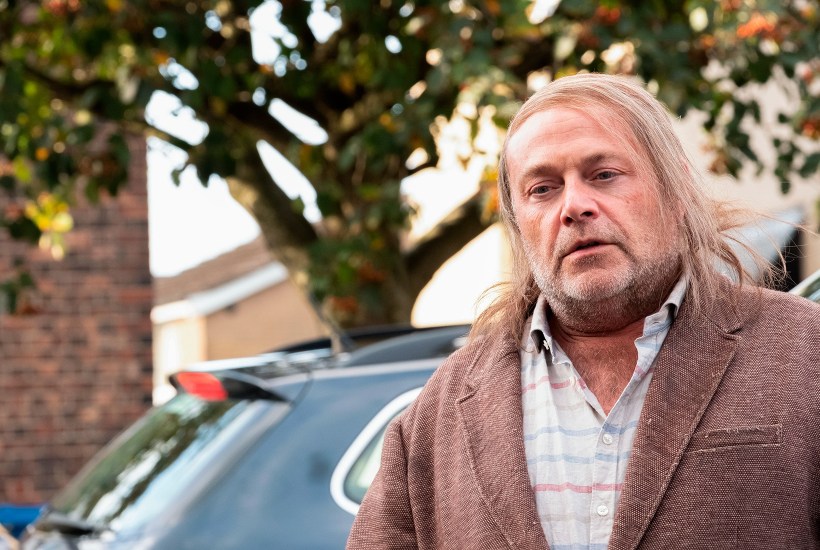
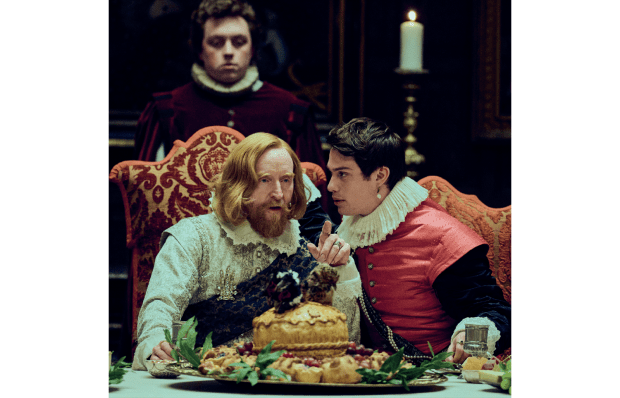
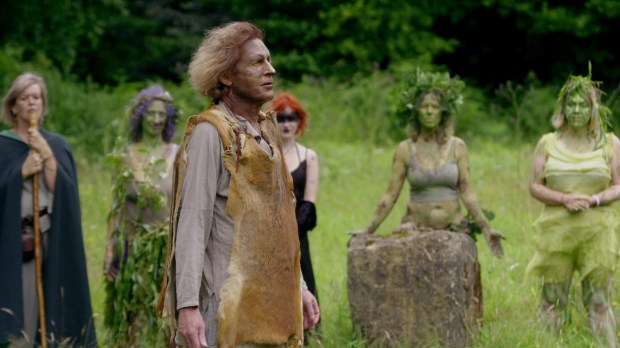
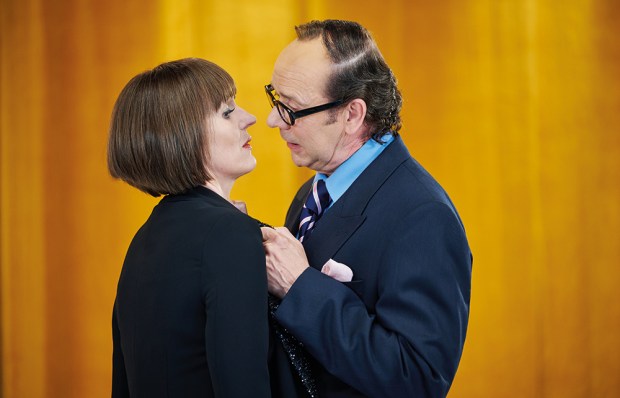
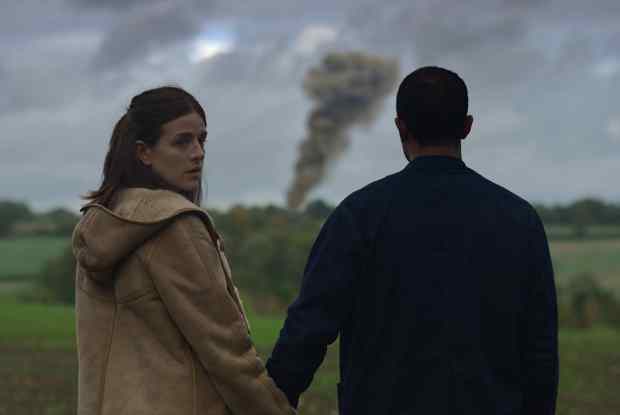
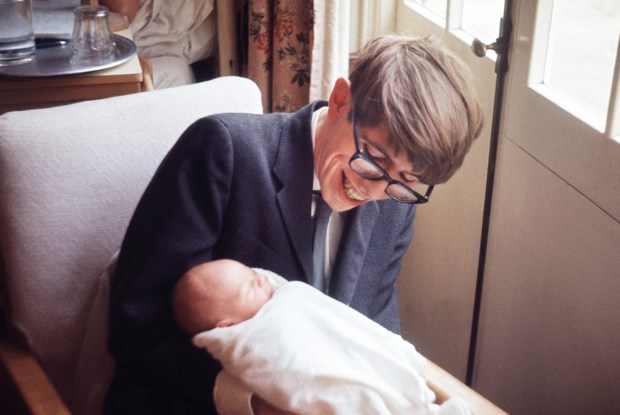
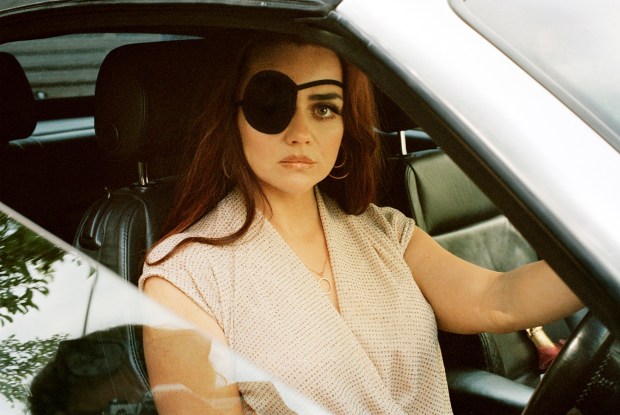






Comments
Don't miss out
Join the conversation with other Spectator Australia readers. Subscribe to leave a comment.
SUBSCRIBEAlready a subscriber? Log in